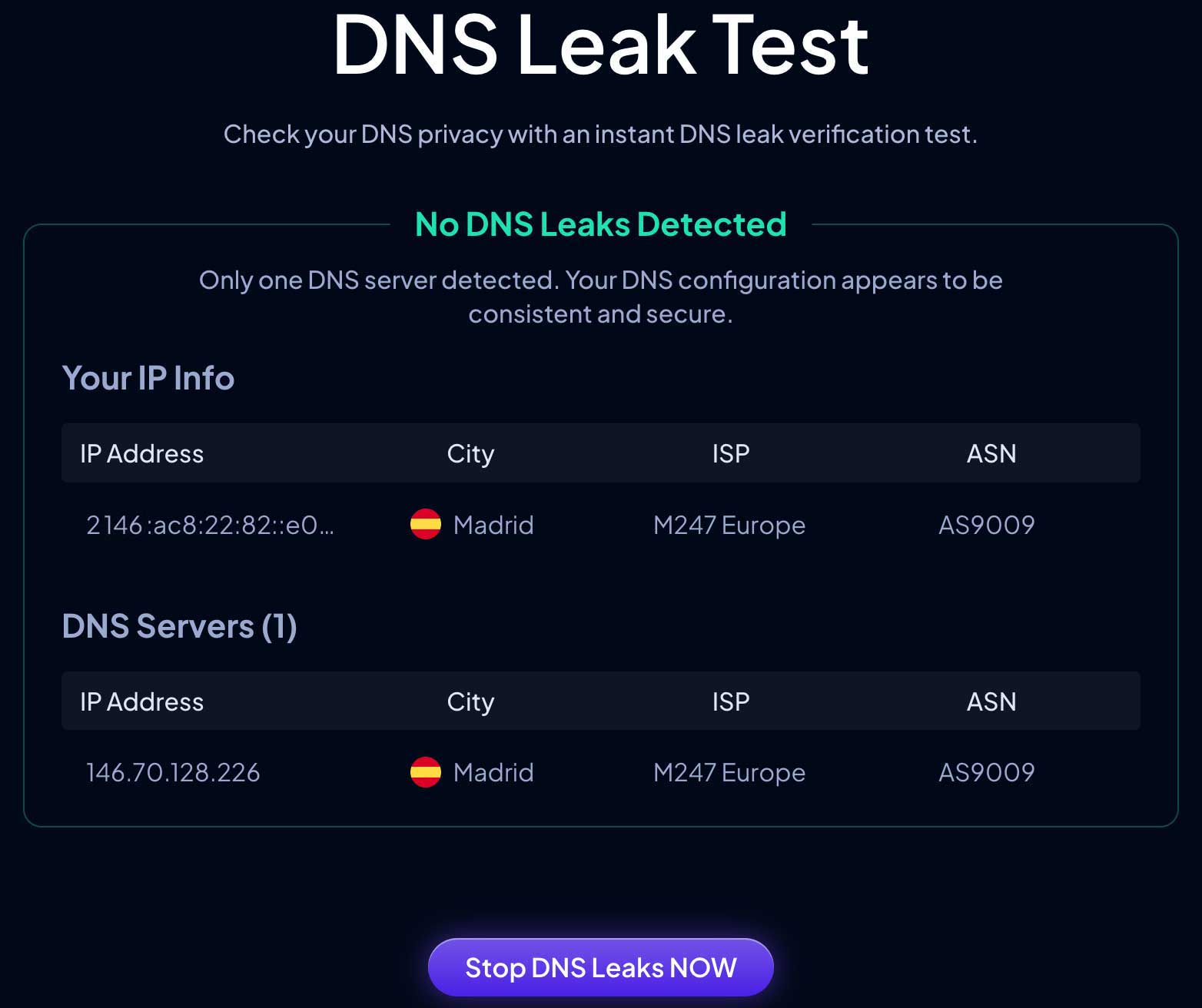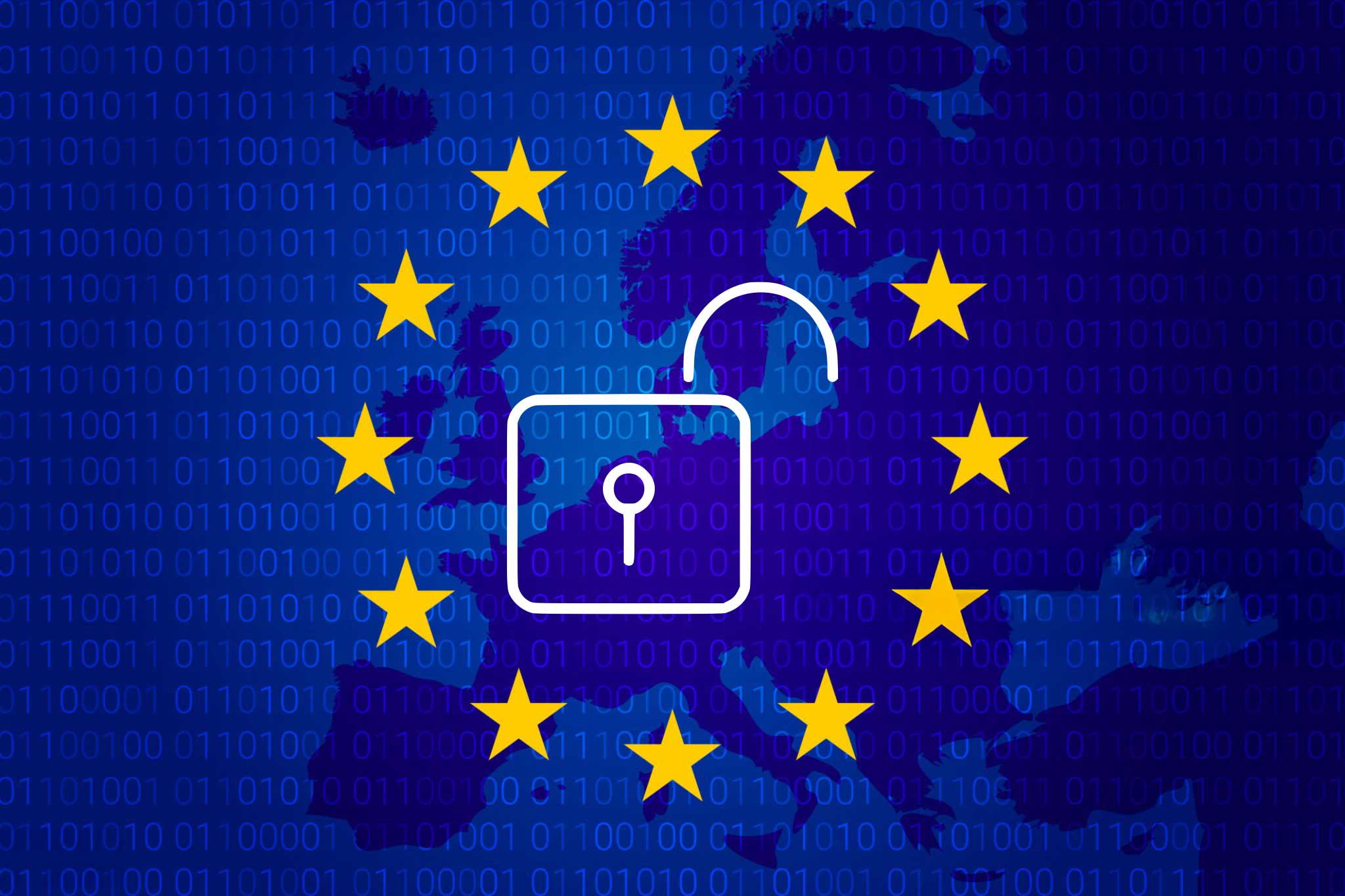Offisiell salgsdonasjon fra GrapheneOS
Vi donerer 10 euro av hver GrapheneOS-installasjon vi gjør
Vi har brukt og anbefalt GrapheneOS siden 2020 Vi driver et IT-selskap som tilbyr nettbaserte tjenester til kunder over hele verden
Many people are unknowingly sharing their data. In this post, I’ll show you how to check if you’re one of them and how to fix it quickly.
Your browser needs to find the right website every time you type an address. That’s the role of DNS servers.
The issue?
➔ By default, you use your internet provider’s DNS
➔ These DNS servers keep records of your searches, habits, and activities
Even if you use a VPN or clear your history, the information is still stored. It can be sold or used against you.
What’s the problem?
➔ Your DNS requests go outside the secure tunnel
➔ Your ISP can monitor the websites you visit
➔ Your “anonymity” is lost quickly
✓ Many believe VPN = safety
But if your DNS isn’t secure, you are at risk.
But you’re using 1.1.1.1, 8.8.8.8, or your ISP’s DNS. That means even if your traffic is encrypted, the sites you visit might still leak outside the tunnel. This isn’t just a small mistake, it’s one of the most common privacy failures.

But if your VPN doesn’t have its own DNS, or if your setup is wrong, your DNS queries might leak. What does this mean? You believe you’re safe, but your requests could be handled by Google or your provider. Many think a VPN hides everything, but DNS leaks can occur. Ensure your VPN has its own secure DNS to avoid revealing more than you think. You can use tools like:
www.controld.com/tools/dns-leak-test
They can help check if your DNS requests are leaking outside your VPN.
Popular VPNs like Mullvad and iVPN offer built-in protection against DNS, IPv6, and WebRTC leaks, but this only works if they are updated and set up correctly.
⚠️ Caution: Some apps use fixed DNS servers, which can ignore your VPN settings and expose your data. This is known as “DNS hardcoding.”
To stay protected, use privacy-focused public DNS like Quad9 (blocks malware) or AdGuard DNS (blocks ads, trackers, and harmful sites; supports secure DNS methods: DoH, DoT, DNSCrypt).
On Android, apps like RethinkDNS and NetGuard allow you to control how apps resolve domain names, keeping you safe even if an app tries to bypass your VPN.
Organisations like the 14 Eyes countries use this information for broad surveillance. That’s why using tools like Tor or multi-hop VPNs is important to make it harder to track you. Want to really protect your privacy? Just encrypting isn’t enough; you also need to hide your metadata.
Read also: Organisasjoner som 14 Eyes samler inn og deler metadataene dine for masseovervåking
Now that you understand the importance of protecting your data, here are some simple tools and habits I use to reduce risks:
Privacy is an ongoing journey, not a final goal.
✓ Enhet kjøpt privat
✓ DeGooglet enheten med et sikkert Android-basert operativsystem
✓ Installasjon av operativsystemet og oppsett av apper gjøres via en sikker, kryptert forbindelse som kontrolleres ukentlig for lekkasjer
✓ Bruker pålitelige apper som Threema, Silent Circle og premium VPN-er som iVPN, Mullvad og ProtonVPN, kjøpt på en sikker måte
✓ Virtuelle numre tilgjengelig for budbringere på forespørsel
✓ Ingen enheter eller appkontoer lagres i databasen vår
✓ Fjerne unødvendige apptillatelser
✓ Kun autoriserte apper som prioriterer personvern brukes
✓ Frakt over hele verden er tilgjengelig, med henting på et sted i nærheten
✓ Betalinger kan gjøres via bankoverføring eller kryptovaluta for personvern. Sørg for at lommeboken din er privat, eller finn en lokal kryptohandler for å få hjelp.
Les mer om Cryptvice-virksomheten og teamet her.
Les mer om våre spesialtilpassede enheter her.
Vi har brukt og anbefalt GrapheneOS siden 2020 Vi driver et IT-selskap som tilbyr nettbaserte tjenester til kunder over hele verden

Fra chattekontroll til total kontroll EU er ikke lenger bare interessert i meldingene dine; de vil ha tilgang til
La oss koble oss sammen